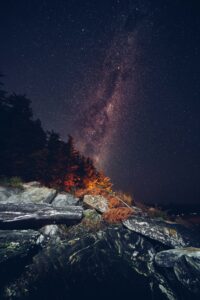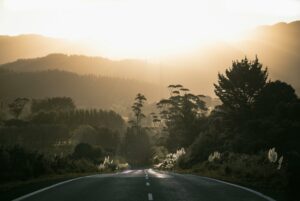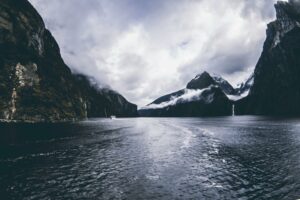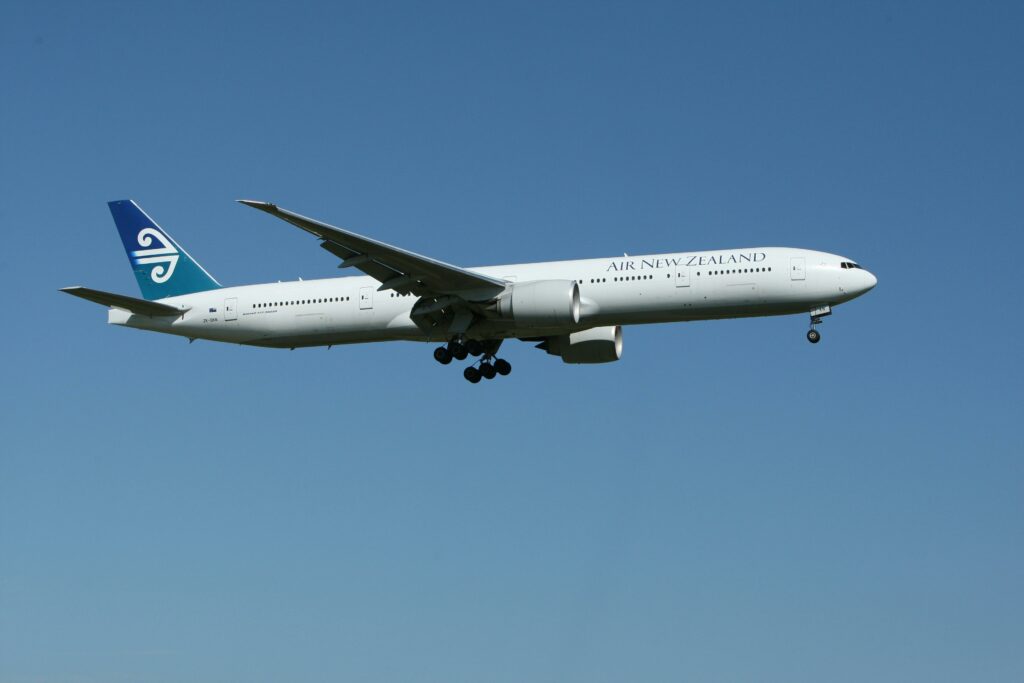Contents
The Worst Time to Visit New Zealand
Planning a trip to the enchanting landscapes of New Zealand is an exciting endeavor, but it’s essential to consider the timing of your visit carefully. While this breathtaking country offers stunning scenery and a plethora of outdoor activities year-round, there are certain times that are less than ideal for travelers.
In this guide, we’ll delve into the factors that contribute to the worst time to visit New Zealand and provide valuable insights to help you plan your trip wisely.
Weather and Climate Considerations
New Zealand’s weather is notoriously unpredictable, with rapid changes occurring throughout the day. However, certain seasons pose greater challenges for travelers. In winter, which spans from June to August, the South Island experiences colder temperatures and snowfall, making outdoor activities like hiking and camping more challenging. For example, in regions such as Queenstown and Wanaka, snow enthusiasts flock to the slopes for skiing and snowboarding adventures.
Meanwhile, the North Island may face heavy rain and strong winds, particularly in coastal areas like Wellington. However, winter also brings opportunities for unique experiences such as glacier hiking on the Franz Josef Glacier or soaking in hot pools in Rotorua to warm up.
Conversely, summer (December to February) brings warmer temperatures and longer daylight hours, making it an ideal time for outdoor exploration and beach activities. However, it also brings crowded tourist attractions and higher accommodation prices.
For instance, popular destinations like Abel Tasman National Park and Milford Sound are bustling with visitors, making it challenging to find solitude in nature. Despite the crowds, summer offers opportunities for memorable experiences such as kayaking in the Bay of Islands or hiking the iconic Tongariro Alpine Crossing.
Peak Tourist Seasons
Peak tourist seasons in New Zealand typically coincide with summer and major holidays such as Christmas and New Year’s. During these times, popular destinations become overcrowded, accommodation options are limited, and prices skyrocket. Traveling during peak seasons can also mean longer wait times at attractions and difficulty securing bookings for tours and activities.
For example, during the Christmas and New Year period, cities like Auckland and Queenstown are abuzz with festivities, but finding affordable accommodation can be challenging.
For those seeking a quieter experience, it’s best to avoid visiting during these peak periods and opt for the shoulder seasons instead. Autumn (March to May) and spring (September to November) are ideal for avoiding crowds while still enjoying pleasant weather and stunning scenery.
During these shoulder seasons, you’ll have the opportunity to explore popular attractions without the crowds and take advantage of lower prices on accommodation and activities. For instance, autumn is a magical time to visit the vineyards of Marlborough or witness the vibrant fall foliage in Arrowtown.
Environmental Factors
In addition to weather considerations, environmental factors can also impact the suitability of certain times for visiting New Zealand. From the risk of wildfires in dry summer months to the potential for flooding and landslides during periods of heavy rainfall, it’s essential to stay informed about environmental conditions before planning your trip.
For example, in recent years, wildfires have affected regions such as Nelson and Canterbury, leading to road closures and evacuations.
Cultural and Festive Considerations
New Zealand hosts a variety of cultural events and festivals throughout the year, which can enhance your travel experience or pose challenges depending on your preferences. From Maori cultural celebrations like Matariki to music festivals like WOMAD and sporting events like the Rugby World Cup, there’s always something happening in this vibrant country.
However, it’s essential to research upcoming events and consider how they may affect your travel plans. For instance, attending the Pasifika Festival in Auckland provides a unique opportunity to experience the vibrant cultures of the Pacific Islands, but it also means contending with larger crowds and higher accommodation prices.
Budget and Cost Considerations
Budget-conscious travelers will want to carefully consider the timing of their visit to New Zealand. While peak seasons may offer optimal weather conditions, they also come with higher prices for accommodation, transportation, and activities. By traveling during off-peak times, you can stretch your travel budget further and enjoy a more affordable vacation without sacrificing quality or comfort.
For example, visiting during the winter months can lead to significant savings on accommodation and activities, allowing you to splurge on gourmet dining experiences or helicopter tours.
Outdoor Activities and Adventure Opportunities
New Zealand is renowned for its outdoor adventures, from hiking and mountain biking to bungee jumping and skiing. The timing of your visit can greatly impact the availability and suitability of these activities.
For example, skiing enthusiasts will want to visit during the winter months, while hikers may prefer the mild temperatures of autumn or spring. Likewise, adrenaline junkies can experience the thrill of bungee jumping in Queenstown year-round, but the weather conditions may affect the overall experience.
Wildlife Viewing Opportunities
Nature lovers will be delighted by the abundant wildlife opportunities in New Zealand. From spotting native birds like kiwis and albatrosses to encountering seals, dolphins, and whales, there’s no shortage of incredible wildlife experiences to be had. However, the timing of your visit can greatly affect your chances of seeing certain species, so be sure to plan accordingly. For instance, visiting the Otago Peninsula during the summer months increases your chances of spotting rare yellow-eyed penguins and fur seals basking in the sun.
Conclusion
In conclusion, while New Zealand is a stunning destination year-round, there are certain times that are less than ideal for travelers. From inclement weather and crowded tourist attractions to environmental factors and budget considerations, there are many factors to take into account when planning your trip.
By carefully considering these factors and choosing the timing that aligns with your preferences and priorities, you can ensure a memorable and enjoyable experience in the Land of the Long White Cloud. So, whether you’re seeking adventure in the great outdoors or cultural immersion in vibrant cities, be sure to plan your visit to New Zealand wisely to make the most of your time in this breathtaking country.





